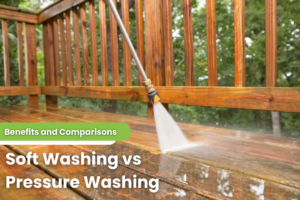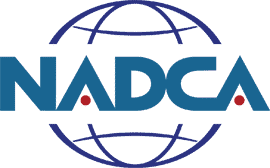An air duct is a tubular structure made primarily from sheet metal designed to facilitate the flow of air. It’s like a highway system for air, with multiple branches leading to various parts of a building. These ducts are critical components of your HVAC system, responsible for distributing both heated and cooled air throughout the premises.
The Anatomy of an Air Duct System
In any home or commercial property, the air duct system serves as the lungs of the HVAC unit, circulating air to keep the environment comfortable. But what exactly is an air duct, and what are its components?
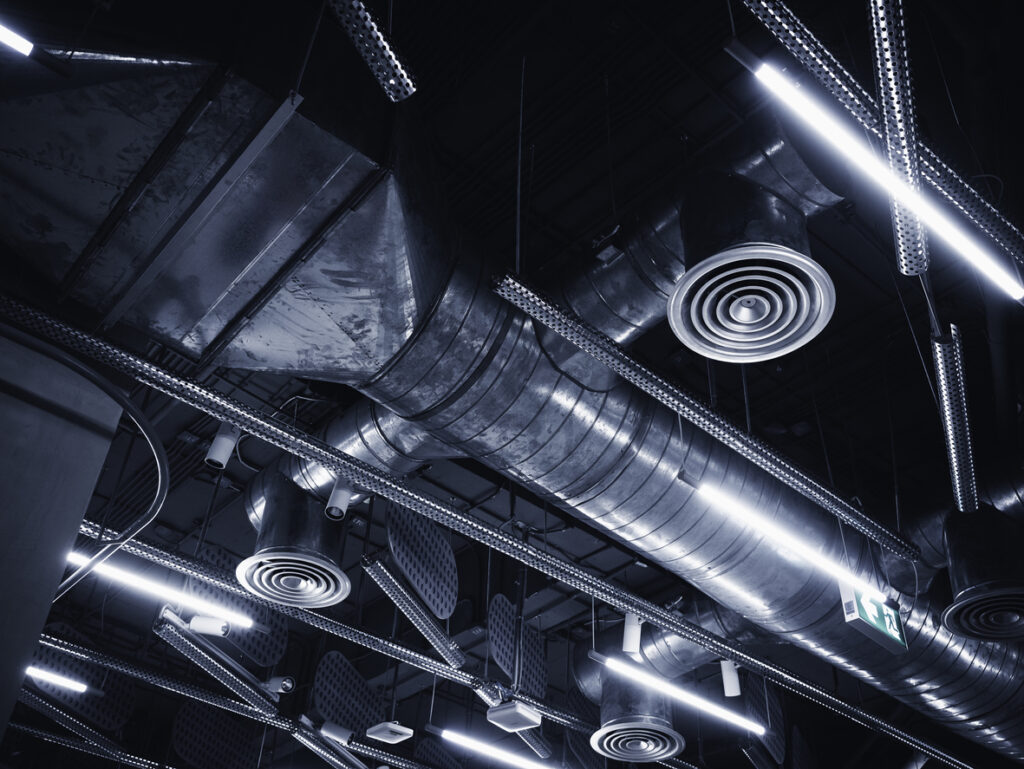
Components of an Air Duct System
When we talk about the air duct system, we often think of long, winding tubes. While that’s part of it, the air duct system is made up of various parts, each serving its own unique role:
- Supply Vents: These are the outlets that distribute conditioned air throughout your building. The air flows out of these vents and gets replaced by new, conditioned air from the HVAC unit.
- Return Vent: This part of the air duct system draws air back into the HVAC unit for conditioning. It’s the opposite of the supply vents and equally important in maintaining a balanced indoor environment.
- Air Handler: This component is essentially the heart of your HVAC system. It contains a fan that circulates air throughout the ductwork. It ensures that the airflow remains consistent and efficient, whether heating or cooling.
- Ductwork: This term refers to the collective tubes and ducts that connect all these components. Made mostly from sheet metal, the ductwork is the skeletal framework that holds the system together.
- HVAC Unit: While not technically part of the duct system, the HVAC unit plays a pivotal role as it conditions the air before it gets sent through the ducts. It’s usually comprised of an air conditioner for cooling and a furnace for heating.
The Material Matters
While sheet metal ducts are a popular choice, air ducts can also be made from other materials like fiberglass and plastic. However, sheet metal is often preferred for its durability and resistance to mold growth.
The Role of Air Ducts in Heating and Cooling
Having established what an air duct system is and its primary components, let’s move on to understanding its pivotal role within an HVAC system. The primary purpose of air ducts is to circulate conditioned air throughout your home or commercial property. This circulation is vital for creating a comfortable indoor climate, regardless of what the weather is like outside.
Air Ducts in Heating
When it’s cold outside, your HVAC system kicks in to warm up the building. The furnace within your HVAC unit generates warm air, which then needs to be efficiently distributed to every room. That’s where the air duct system comes into play.
The warm air travels through the ductwork, coming out of the supply vents located in various rooms. Return vents pull the cooler air back into the HVAC unit for reheating, ensuring a continual cycle of warmth and comfort. Efficiency is key here. Well-designed and maintained duct systems make sure that heat reaches every corner, offering you complete satisfaction with your indoor climate.
Air Ducts in Cooling
During warmer months, the roles are reversed but the function remains essentially the same. Your air conditioner produces cool air that is then channeled through the ductwork by the air handler. Once again, supply vents release this cooled air into different rooms, while return vents draw in warmer air to be cooled again.
What’s crucial here is that your duct system must be free from leaks or obstructions for the cooling system to operate at maximum energy efficiency. Any gaps or dirt in the ductwork can severely hamper the performance of your HVAC system, leading to increased energy bills and decreased comfort.
Balanced Air Flow for Energy Efficiency
Whether you’re trying to stay warm or cool, balanced air flow is essential for the efficiency of your HVAC system. When your ductwork is clean and in good condition, your HVAC system doesn’t have to work as hard to maintain your desired temperature. This translates into better energy efficiency, which not only is good for the environment but also helps in reducing your energy bills.
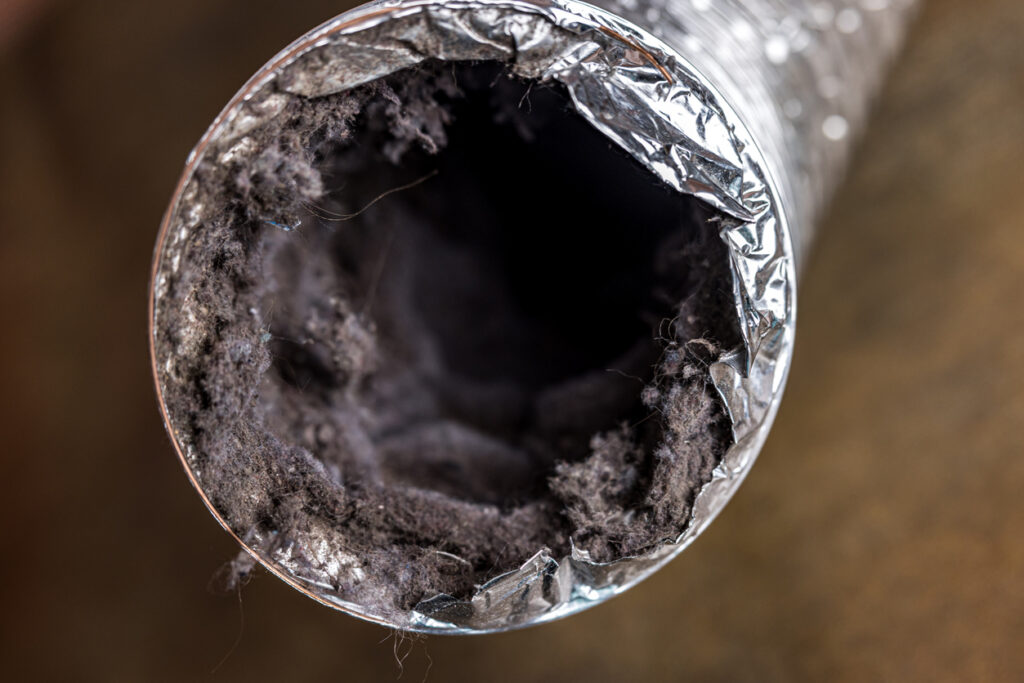
The Importance of Air Duct Cleaning for Optimal Functionality and Health
You now know what an air duct is and the significant role it plays in your HVAC system. But are you aware of the importance of keeping those air ducts clean? In this section, we delve into the various reasons why clean ducts are non-negotiable, not only for the smooth operation of your HVAC system but also for your health and well-being.
Effects of Dirty Air Ducts
Imagine your air ducts like arteries in a human body. When they are clogged or dirty, the entire system works less efficiently, leading to a myriad of problems. Dirty air ducts can become breeding grounds for mold growth, resulting in poor indoor air quality. The build-up of dust and other particles can also lead to bad odors emanating from your vents. These conditions can trigger allergy symptoms or even more severe allergic reactions among family members.
Mold Remediation
If you have issues with mold growth in your ducts, it’s not something you can afford to ignore. Mold spores can circulate through your HVAC system and spread throughout your home, posing health risks and aggravating allergy symptoms. Mold remediation is essential in such cases. At Rescue Clean 911, we specialize in thorough cleaning that includes mold remediation to ensure optimal indoor air quality.
Energy Efficiency and Cost
As mentioned earlier, a well-maintained duct system enables your HVAC unit to run more efficiently, thereby conserving energy. When ducts are clean, the HVAC system requires less power to circulate air. Over time, this translates to cost savings on your energy bills, offering complete satisfaction in terms of both comfort and economics.
Benefits of Professional Air Duct Cleaning Service
When it comes to duct cleaning, a DIY approach might not be the best solution. A professional air duct cleaning service like Rescue Clean 911 ensures that every part of your HVAC system, from air handler to supply vents, is thoroughly cleaned. We have years of experience and offer a satisfaction guarantee, focusing on not just superficial cleaning but a deep, thorough process that ensures optimal functionality and health.
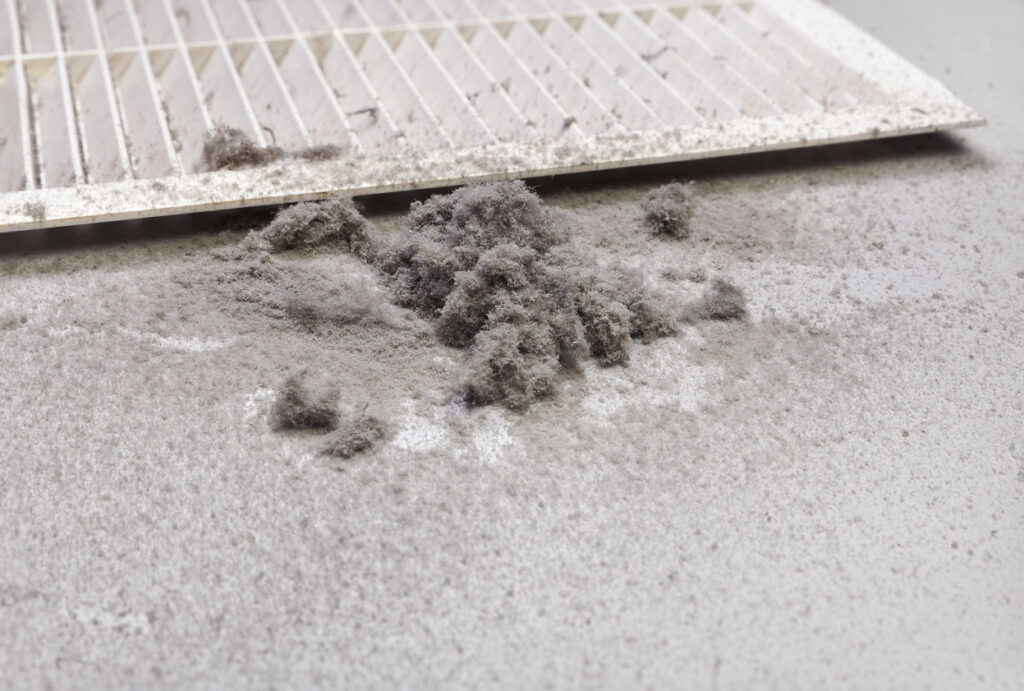
Signs Your Air Ducts Need Cleaning
You’re now aware of the crucial role air ducts play in HVAC systems and the importance of keeping them clean. But how can you tell when it’s time for a professional air duct cleaning service? And why should you choose Rescue Clean 911 for your cleaning needs? Let’s explore these questions in this section.
Recognizable Signs for Duct Cleaning
- Increased Dust Levels: If you notice an excessive amount of dust settling on furniture or being emitted from vents, it might be time for duct cleaning.
- Unpleasant Odors: Bad odors originating from the air conditioning or heating system often indicate mold growth or accumulated dirt within the ducts.
- Inconsistent Air Flow: If some rooms in your home or commercial property get more airflow than others, there could be an obstruction or leak in the ductwork.
- Increased Energy Bills: A sudden spike in your energy costs could mean your HVAC system is working harder due to obstructed air ducts.
- Health Symptoms: Experiencing allergy symptoms or respiratory issues more frequently may suggest poor indoor air quality, requiring immediate attention to your air duct system.
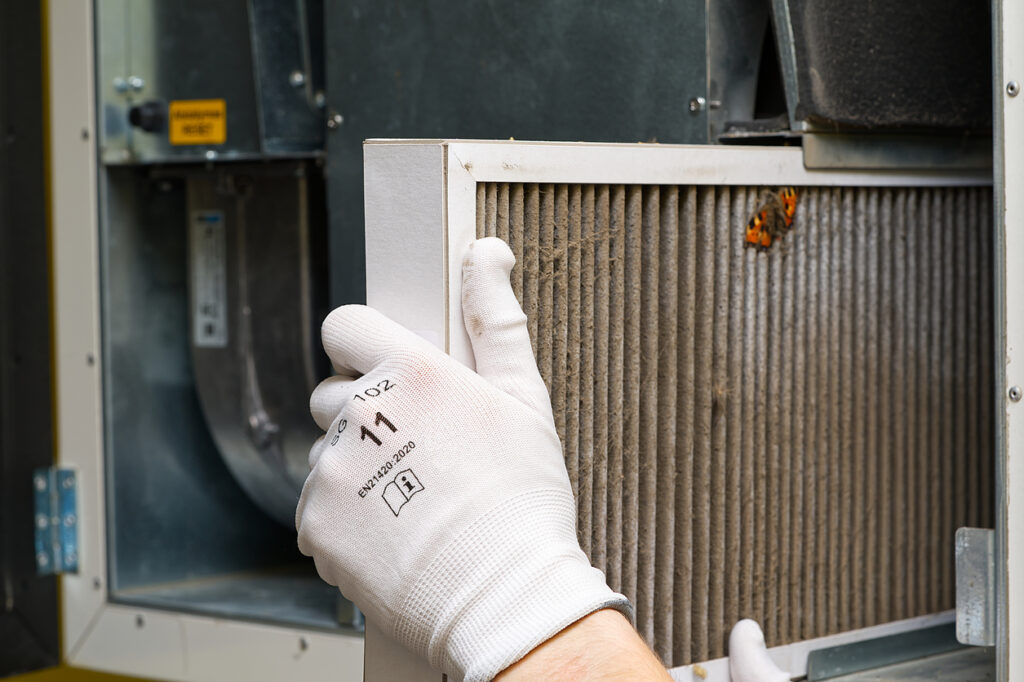
Why Rescue Clean 911?
Expertise and Experience
When it comes to duct cleaning, expertise and years of experience are vital. Rescue Clean 911’s team is trained in cleaning every part of your HVAC system, ensuring optimal indoor air quality.
Comprehensive Cleaning
We don’t just clean the ducts; our service extends to every part of your HVAC equipment, including the air handler, return duct, and supply vents. This comprehensive approach ensures the entire system functions efficiently.
Mold Remediation
Apart from dirt and dust, mold is another element that we take very seriously. Our service includes mold remediation, which is essential for maintaining a healthy living environment.
Satisfaction Guarantee
Our ultimate goal is to provide complete satisfaction to our clients. We’re confident in our ability to deliver top-notch cleaning service, backed by our satisfaction guarantee.
Free Estimate
With Rescue Clean 911, you’ll always know what you’re getting into. We are the experts in indoor air quality and we do not cut corners. From your dryer vents to your air vents we will ensure that you, and every member of your household, only breathe the highest quality air. We offer a free estimate, providing transparency and allowing you to make an informed decision. Our company is located in South Florida servicing Broward and Palm Beach County including Boca Raton, Wellington, and Fort Lauderdale.
What is an Air Duct: Recap
When it comes to air duct cleaning, don’t ignore the signs. Unattended dirty air ducts can lead to numerous issues ranging from health problems to inefficient energy use. Regular maintenance of your air ducts is key for ensuring a long lifespan for your HVAC system and for maintaining good air quality in your home or commercial property. And when it’s time for that deep clean, Rescue Clean 911 is here to ensure your complete satisfaction with our years of experience and specialized cleaning services.

